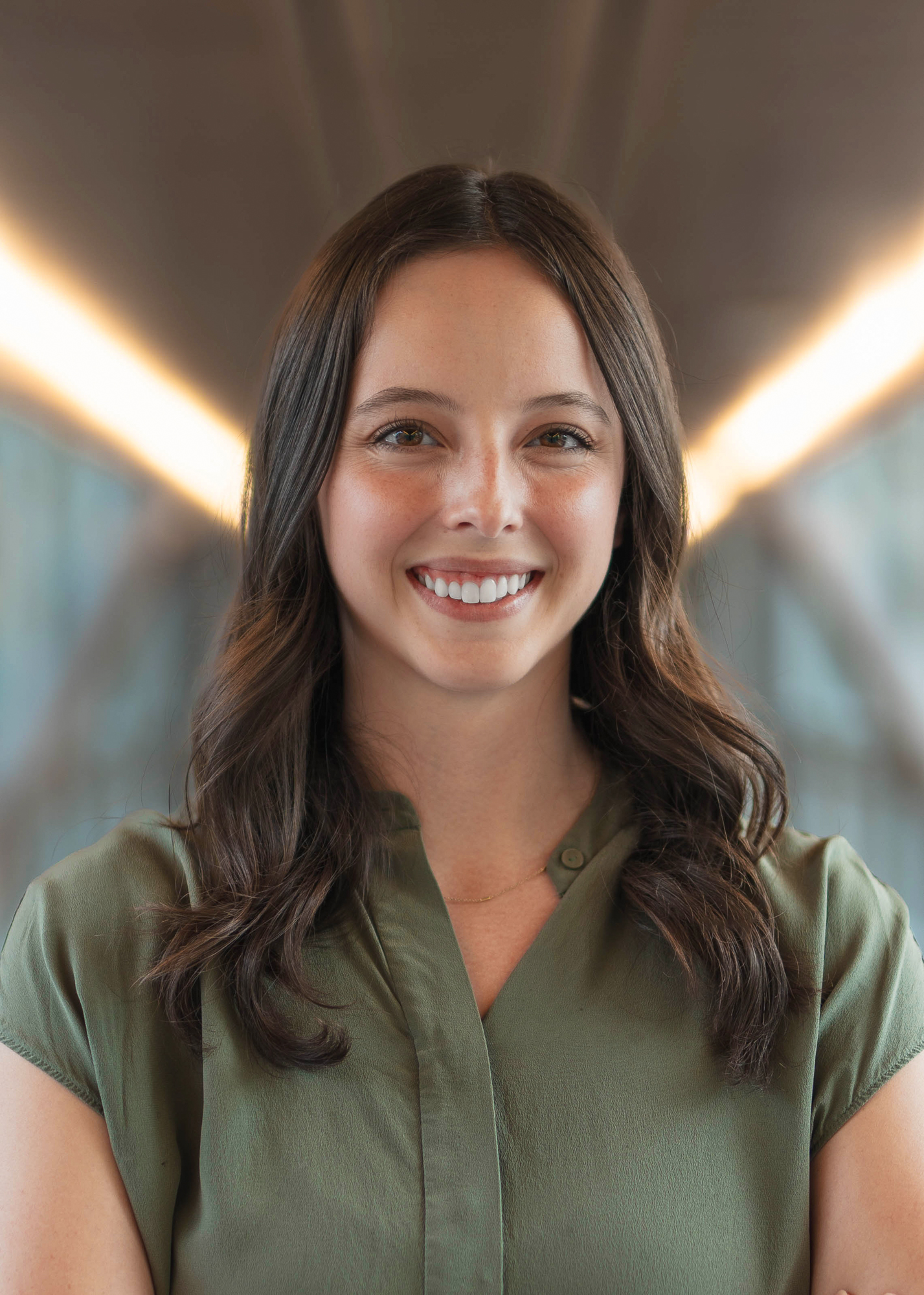Convocation spotlight: Medicine '25 grad Abbey Norris
3 June 2025

Abbey Norris. Photo supplied.
Throughout her MD program, Abbey Norris played a key leadership role in the Indigenous Medical and Dental Student Association, helping to create a supportive community for Indigenous learners at the University of Alberta. Now, as she heads to Ontario to begin a residency in rural family medicine, Norris is focused on expanding access to care in underserved communities while continuing to advocate for inclusion and representation in medicine.
What are you most proud of from your time in the program?
One of the accomplishments I’m most proud of, and something I strive to continue living up to, is being seen as a community builder. During medical school, I had the opportunity to take on leadership roles within the Indigenous Medical and Dental Student Association. My goal in these roles was to help build a strong sense of community among Indigenous medical students at the U of A. As a proud member of Cold Lake First Nations, raised in Treaty 7 territory near Calgary, I know firsthand how challenging it can be to find connection to community and culture in academic environments, especially as an urban Indigenous person. That sense of belonging is often difficult to access, yet it’s essential to well-being and success.
Additionally, because our community of Indigenous medical learners is small, it can be intimidating for students to voice their needs and find others who can help support them in their journey. I believe that by fostering close relationships among Indigenous students, we can create a space where students feel more empowered and confident in embracing and expressing their Indigeneity. I encouraged participation in social and cultural events and tried to create supportive, open environments whenever possible.
By the end of my four years, I was proud to see the community thrive. Helping to create the connections and opportunities to engage has been one of the most meaningful parts of my time in medical school and I am excited to see the Indigenous medical learners who come after me continue to grow our community and advance Indigenous health.
Did you receive any awards or funding for your studies?
Yes, I was fortunate to receive financial support throughout my studies. I was honoured to receive the Darcy Tailfeathers Memorial Award and the Indigenous Opportunities Award. Additionally, I received support from Indspire and their donors during both my undergraduate and medical degrees. I’m deeply grateful to the faculty, donors and organizations whose generosity made these awards possible; their support has been truly invaluable to my academic journey.
What advice would you give to a student thinking of entering this program?
Medicine is tough, and it can very easily become all-consuming. One of the most important things I’ve learned is the value of maintaining strong connections with friends, family and community. My advice to prospective students is to intentionally make time for the things that bring you joy outside of medicine. Prioritize hobbies and activities that make you happy. For me, joining intramural sports and playing weekly became a favourite way to stay active, connect with friends and manage stress. Taking care of yourself outside of medicine will help you thrive within it.
I also want to encourage students from all backgrounds and stages of life to take the leap and apply, especially those who come from underserved or underrepresented communities. Your perspective is needed. Representation matters and we need all voices in medicine to serve our diverse population.
What comes next for you?
I will be travelling to Winchester, Ontario, for residency training in rural family medicine. I’m excited to gain the experience required to provide medical care to remote and rural communities across Canada.